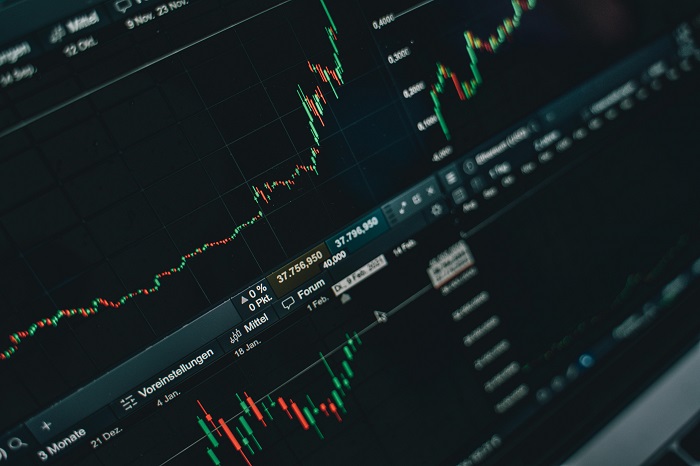An online trading platform is software that connects investors to financial markets, enabling them to buy, sell, and manage assets. These tools are typically offered by brokerage firms and range from web-based interfaces to mobile apps. Platforms vary in terms of the types of assets available, fees, features, and user experience.
They have grown rapidly, offering traders more options than ever before. Many web applications also include social trading features, which allow users to observe and mimic the strategies of more experienced traders, making them a great learning tool.
Key features of online trading platforms
Online trading has transformed the way investors participate in financial markets by providing tools and resources that support efficient, informed trading. Here are some of the key features that make web applications essential for today’s traders:
- Market access: online systems give users access to a wide range of markets, such as stocks, forex, and cryptocurrencies, enabling diversified portfolios.
- Real-time data: these web applications offer live price data, volume information, and order book insights, along with tools for technical and fundamental analysis.
- User-friendly interface: designed with intuitive navigation, most platforms help traders access data and tools easily, with customization options for a personalized experience.
- Security: trusted web applications employ encryption and two-factor authentication (2FA) for data security and are often regulated by financial authorities.
- Convenience: accessible 24/7 from anywhere with the internet, these platforms suit different schedules and trading styles, allowing users to manage investments anytime.
They also provide cost benefits, often with lower fees compared to traditional brokerages. The combination of real-time execution and educational resources—such as webinars and tutorials—ensures that both novice and experienced traders can improve their skills and knowledge.
Choosing the right trading platform
Choosing the right trading tool can significantly impact your success, as different platforms offer unique advantages based on the assets, features, and support they provide.
- Asset availability: ensure the platform supports the assets you wish to trade, whether it’s stocks, forex, or cryptocurrencies. Some specialize in certain markets, while others offer a wider range of assets.
- Fees and commissions: look for a fee structure that suits your trading style. Active traders often benefit from low commissions, while long-term investors may prioritize low management fees.
- Tools and features: platforms offer various tools, from basic charting to advanced indicators. Beginners may prefer straightforward features, whereas advanced traders often seek more robust options.
- Customer support: it can be crucial for resolving issues quickly, especially during active trading times. Choose a platform with responsive service, ideally available via multiple channels.
Selecting a tool that aligns with your needs and provides reliable customer support can greatly improve your experience. By choosing one that balances costs, asset range, and features suited to your skill level, you’re better positioned to execute trades confidently and efficiently.
Conclusion
Online trading systems have revolutionized access to financial markets, empowering individuals with tools to manage their investments efficiently and independently. They offer several advantages, including convenience, cost savings, and instant execution. However, choosing the right one requires careful consideration of factors such as fees, asset offerings, security, and support. Additionally, the potential risks associated with online trading, such as market volatility and cyber threats, require prudent management.




